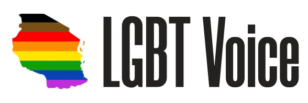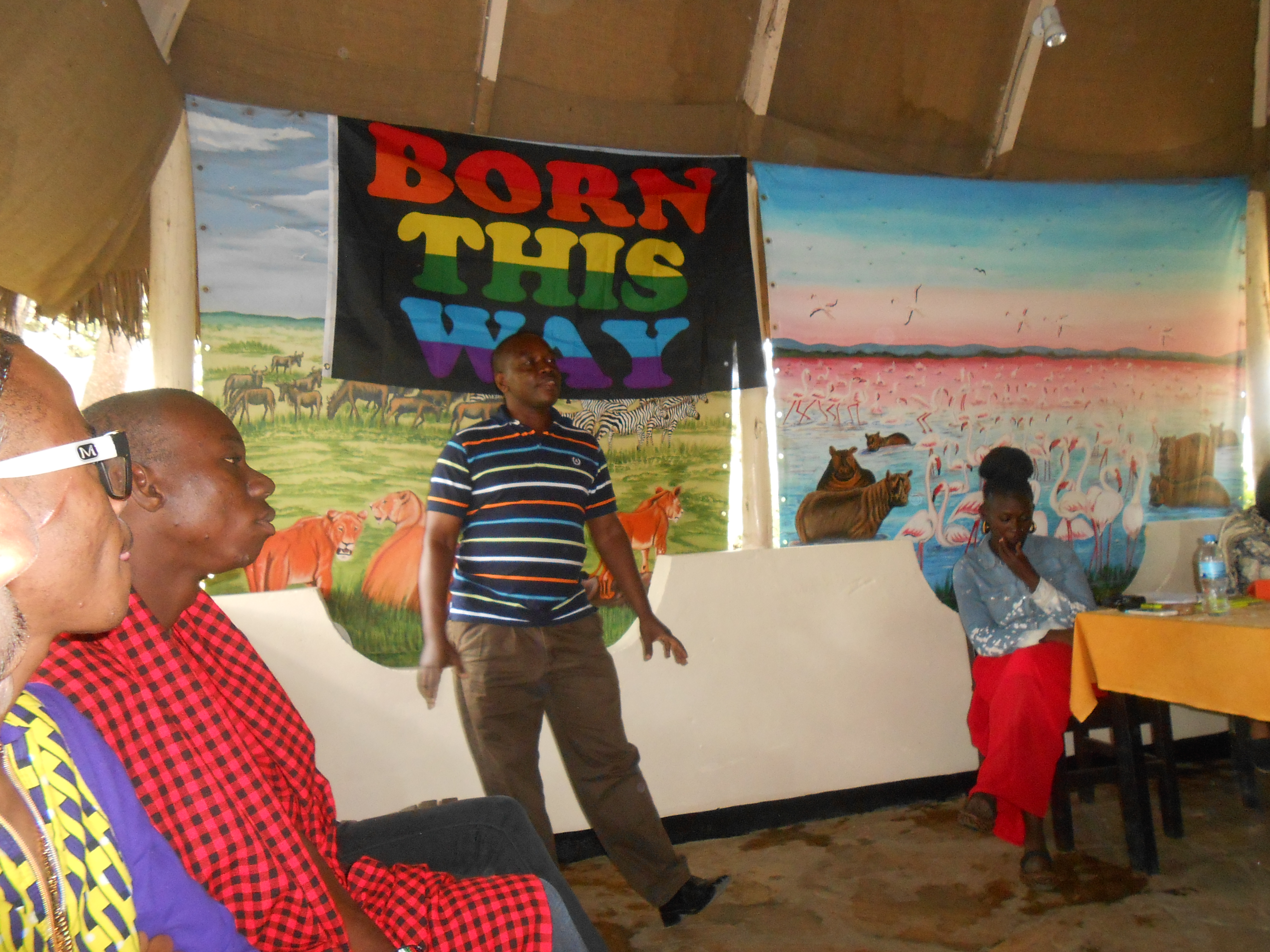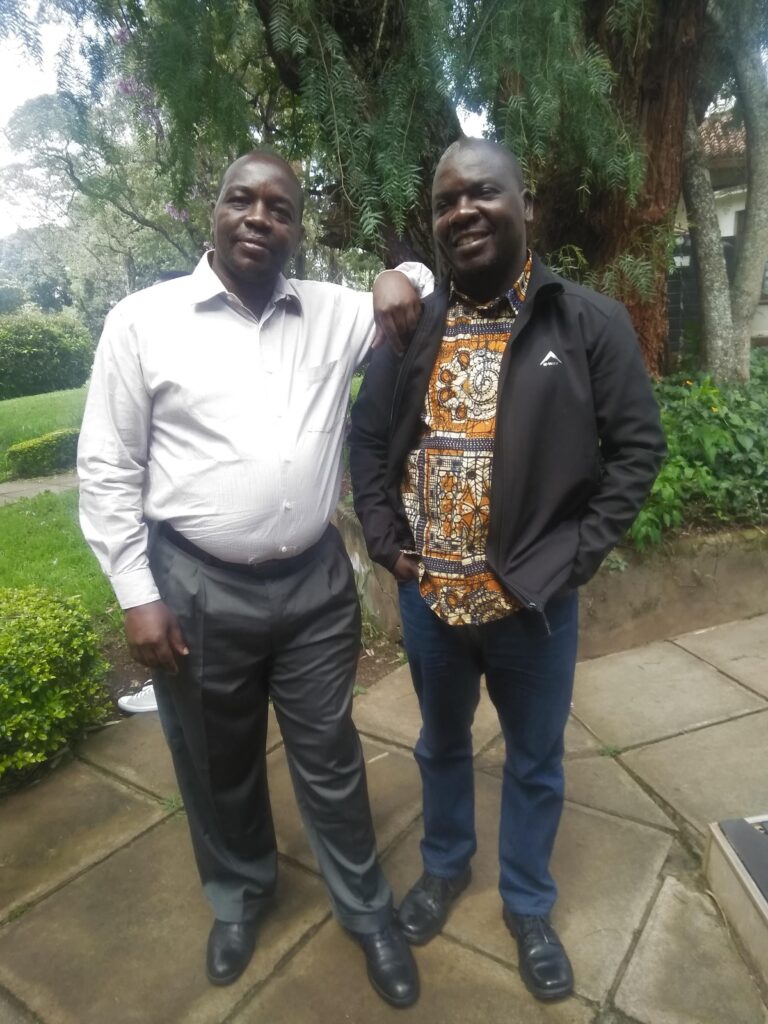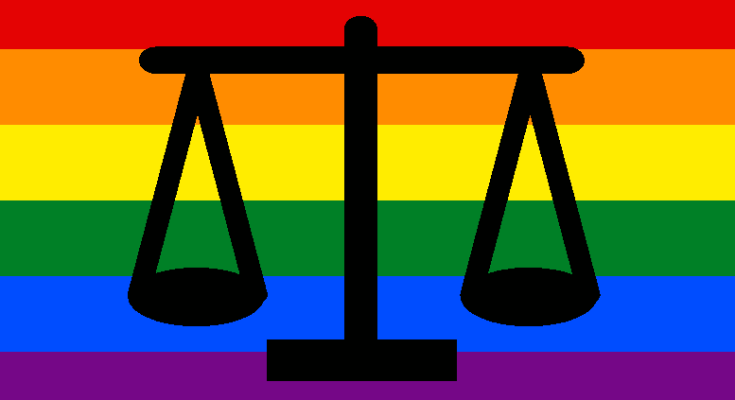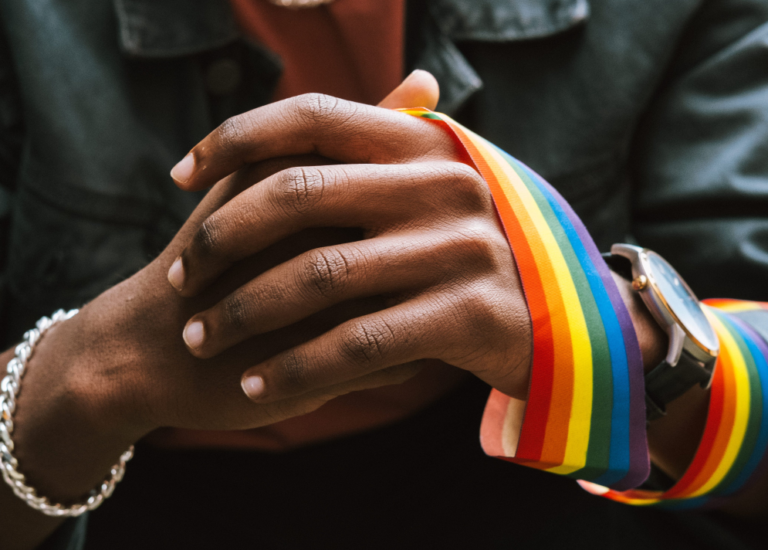As members of the LGBTQ community, we are currently witnessing a disturbing surge in violent attacks directed towards LGBTQ individuals nationwide. These acts of violence originate from various sources, including governmental policies and religious influences. The propagation of intolerant and hateful language by politicians, prominent figures, and religious authorities serves to incite the general public to commit acts of violence against LGBTQ individuals.
Major Challenges
The challenges faced by LGBTQ individuals are diverse and pervasive, encompassing a wide range of discriminatory practices. From being fired from their jobs to being denied essential public services, LGBTQ individuals often find themselves at the receiving end of unfair treatment due to their sexual orientation or gender identity. Landlords with homophobic beliefs may refuse to rent apartments to LGBTQ individuals, leaving them without a place to call home. This can be particularly devastating for LGBTQ youth who may already be grappling with rejection and abandonment by their families. Without a support system, many LGBTQ youth end up on the streets, facing the harsh realities of homelessness and increased vulnerability to exploitation and abuse.
Within educational settings, LGBTQ students encounter a myriad of challenges that hinder their academic success and mental well-being. Expulsion and bullying are common occurrences, creating a hostile environment that can have lasting effects on LGBTQ students. The fear of being targeted or discriminated against can make it difficult for LGBTQ students to focus on their studies and fully engage in the learning process. As a result, many LGBTQ students may struggle to reach their full potential and may experience higher rates of mental health issues compared to their heterosexual peers.
Law enforcement agencies have also been implicated in the mistreatment of LGBTQ individuals, with reports of arbitrary arrests and detentions based on sexual orientation or gender identity. Additionally, the criminal justice system has displayed prejudice against LGBTQ individuals, leading to instances of disproportionately severe sentences being handed down to individuals solely because of their sexual orientation. Many LGBTQ individuals often find themselves unfairly imprisoned, stripped of their liberty and fundamental rights.
Within the criminal justice system, LGBTQ individuals face systemic challenges that can result in their rights being violated. In some cases, LGBTQ individuals are subjected to discriminatory practices during arrests, such as being targeted based on their perceived sexual orientation or gender identity. This can lead to a cycle of mistreatment and injustice within the legal system, where LGBTQ individuals may not receive fair treatment or representation.
Moreover, statistics show that LGBTQ individuals are more likely to be incarcerated compared to their heterosexual counterparts, highlighting a clear disparity in the treatment of LGBTQ individuals within the criminal justice system. This overrepresentation of LGBTQ individuals in the prison system raises concerns about the fairness and equality of the legal system towards this marginalized community.
The lack of proper protection and support for LGBTQ individuals within the criminal justice system can have devastating consequences, resulting in the denial of their basic human rights. It is essential for law enforcement agencies and the legal system to address these issues and ensure that LGBTQ individuals are treated with dignity and respect, free from discrimination and prejudice. By promoting inclusivity and equality within the criminal justice system, society can take a significant step towards upholding the rights of all individuals, regardless of their sexual orientation or gender identity.
These injustices underscore the pressing necessity for societal transformation and increased safeguards for LGBTQ individuals. It is imperative for authorities at all levels to tackle these issues and enforce regulations that uphold the rights and well-being of LGBTQ individuals. Unity and activism play a pivotal role in combating prejudice and violence against the LGBTQ community, fostering a more diverse and fair society for everyone.
The prevalence of discrimination and violence against LGBTQ individuals remains a significant concern in our society. According to recent studies, a large percentage of LGBTQ individuals experience discrimination in various aspects of their lives, including employment, healthcare, and housing. This systemic discrimination not only hinders their ability to thrive but also puts their safety and well-being at risk.
Implementing inclusive policies and practices is crucial to creating a more supportive environment for LGBTQ individuals. For example, providing sensitivity training to law enforcement officers and healthcare providers can help ensure that LGBTQ individuals receive fair and respectful treatment. Additionally, creating safe spaces and support networks for LGBTQ youth can help reduce the risk of homelessness and mental health issues among this vulnerable population.
Solidarity and advocacy efforts are vital in amplifying the voices of LGBTQ individuals and challenging discriminatory practices. By standing together and speaking out against injustice, we can work towards a society that values diversity and promotes equality for all. It is only through collective action and a commitment to change that we can truly create a more inclusive and equitable world for LGBTQ individuals.
